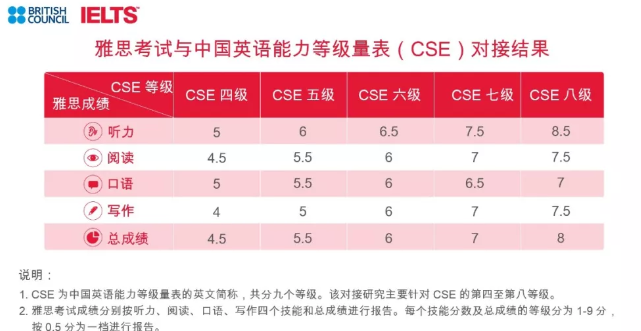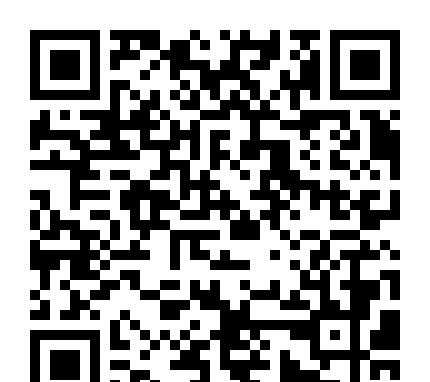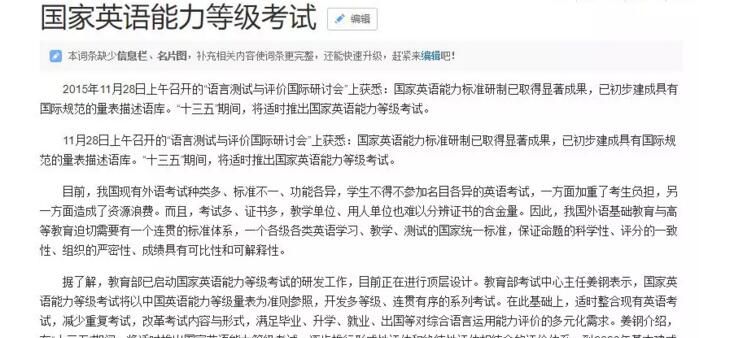18考研英语:阅读理解模拟训练之教育学话题(六)
|
做题引导 阅读原文 I applied just before the Nov. 1 deadline, and six weeks later I got my acceptance package. I was thrilled and relieved. While my friends spent winter vacation finishing as many as 18 applications each, I relaxed. On a school trip to France over spring break, I drank wine while everyone else struggled with international calling cards to phone home and find out where they'd been accepted. People cried about getting rejected, or began the difficult and agonizing process of choosing between two or more schools. Strangely, none of this made me feel better about having applied early. It made me feel worse. When a lot of people from my class got into Brown, I wondered if I, too, could have. Penn sent a discombobulating array of material to incoming freshmen over the summer. As the pile of mail mounted, so did my concerns that I had made the wrong choice. I had been to Penn only one day, in October of my senior year. I realize now I did not know nearly enough about myself or the school. Picking classes was far more arcane than I had expected (or than it would have been at a smaller school). And when I got to the campus, I found that fraternities and sororities were a more noticeable and obnoxious presence than the 30 percent student membership had suggested to me. It wasn't long before I knew Penn was not right for me and I looked into transferring. For me, it was about more than just changing schools. I wanted to have the traditional application experience I'd missed out on during my first go-round. The only school on my list that allowed transfers during the second semester of freshman year was Wesleyan, so I waited out the whole year, then applied to Yale, Brown and Wesleyan. I got into Wesleyan. The irony that I could have gotten in sooner, without getting rejected by the other schools, was not lost on me. But I know I made the right decision. To high-school seniors who want to avoid making the same mistake I did, my advice is simple: don't apply under Early Decision unless you are absolutely sure that the school is your first choice. And, just as important, don't let your parents or college-guidance counselor persuade you to apply under Early Decision. They may have their own agenda, or at least their own perception of who you are and what you want. As I discovered, no one can really know what you want better than yourself, and even you may need time to figure out what that is. 注(1):本文选自Newsweek, 11/18/2002, p62 1. The main reasons for the author to apply under Early Decision are _______. 2. It can be inferred from the text that the main advantage of Early Decision is that ______. 3. The description of the author’s feelings in Paragraph 2 shows that _______. 4. We can draw a conclusion from the text that ________. 5. From the text we can see that the writer seems _________. 参考答案 |









